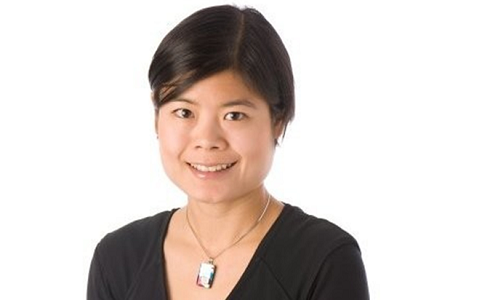The Australian Government has funded a project to prepare for the creation of a national register of Deaf and Hard of Hearing children.
A team led by A/Prof Valerie Sung at the Royal Children’s Hospital and Murdoch Children’s Research Institute in Melbourne was awarded a grant from the National Health and Medical Research Council.
More than 30 organisations are engaged in the project over the next three years.
Australia has well-developed services for Deaf and Hard of Hearing children. All states now have Universal Newborn Hearing Screening and referral pathways for babies on to diagnostic audiology. However, there is no unified way for services to document how these children are faring around the country.
We know that many Deaf and Hard of Hearing children do not reach their full developmental, learning and health potentials, in part due to inequities in service access. A national data system, linking hearing and related services to measured outcomes, could address these inequities by identifying children who need additional services, and identifying areas for improvement in practices and processes.
What outcomes matter to families of Deaf and Hard of Hearing children?
The most common question Dr Valerie encounters from parents when she sees newly diagnosed babies in her clinics is “What will the future look like for my child?”.
Without outcomes data, the question is difficult to answer. We all want our children to reach their full potential, but what does that mean for families of Deaf and Hard of Hearing children? Part of this work will involve talking to communities around the country, including Auslan users, Aboriginal and Torres Strait Islander families, and Culturally and Linguistically Diverse families, to find out what outcomes are important to children and their families.
Maintaining registries can be expensive and time-consuming. But by linking information that is already collected by various organisations, it is possible to keep costs and burden to a minimum. The project team will find out what information is already collected by different organisations around Australia, and whether it can be linked up.
We hope the Australian National Child Hearing Health Outcomes Registry, aka ANCHOR will provide a national evidence base to inform future hearing policies and optimise service delivery models and supports. We also hope ANCHOR will provide a pathway to national reporting for developmental, educational, health and wellbeing outcomes, and be a national platform to facilitate population-based research for DHH children. The registry will specifically include Aboriginal and Torres Strait Islander children whose hearing loss is dominated by early middle ear infections, enabling tracking of identification, treatment, and outcomes.
What kind of questions could be answered?
A national registry could answer many important questions that we don’t yet have answers to, such as: Do children born with mild hearing loss benefit from hearing aids or early intervention? Should we do hearing screening later in childhood? How can we achieve equity in outcomes, especially in Aboriginal and Torres Strait Islander communities, and culturally and linguistically diverse communities? Why do some DHH children do very well, while others struggle?
Please get in touch with us if you would like to be part of the conversation while we work with families and stakeholders to develop a child hearing Core Outcomes Set relevant to Australia. We look forward to providing updates on the progress of ANCHOR over the next three years. Look out for our progress in future editions of One in Six!
For more information visit ANCHOR: Australian National Child Hearing Health Outcomes Registry – Murdoch Children’s Research Institute (mcri.edu.au) or contact us on anchor@mcri.edu.au.

